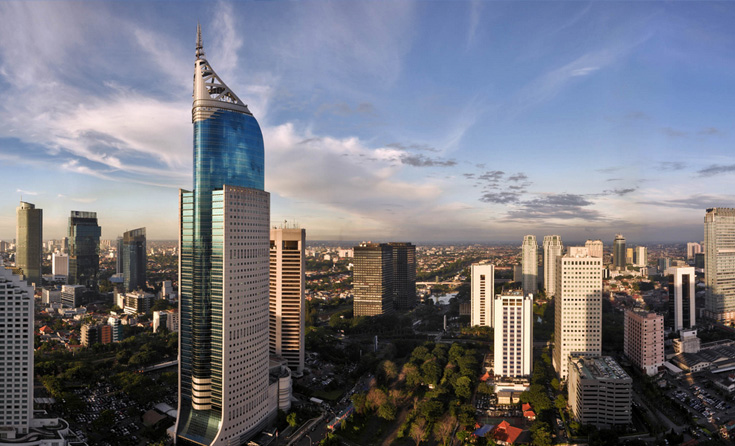Main issues facing investing in Indonesia
1、 the infrastructure is relatively backward. Due to the deterioration of fiscal revenue and expenditure after the financial crisis, fiscal expenditures have been suppressed as a whole, and the budget allocation of infrastructure development expenditures has been restricted. Roads, railways, aviation, ports, electricity, communications, water supply, and other production and living supporting facilities have been restricted. relatively backward.
2. The current political situation is unstable, policies are changeable, and there is a lack of a standardized and transparent legal system.。
3、Intellectual property protection is disadvantageous. The inflow of smuggling and counterfeit goods has increased, especially the smuggling of textiles has normalized, and the market share of companies operating regular products has indeed been harmed.。
4、Indonesia also has some investment barrier issues. For example, when investing in infrastructure and medical and health services such as Indonesian ports, power stations, and railways, foreign ownership cannot exceed 95%; in the air transportation and telecommunications industries, foreign ownership cannot exceed 49%; and when operating fishing and fish farming, securities printing, etc. The industry needs to be licensed by the Indonesian government; foreign investment is prohibited in rare species nursery, forest development, mahogany processing, natural forest management rights, forest logging and other fields; there are still many restrictions on the labor market, etc.。
5、In addition, the low efficiency of government departments, the frequent occurrence of terrorism and religious extremist activities, low labor productivity and technical level, and inflexible labor laws are also factors that foreign investors need to consider. It is worth noting that a wholly foreign-owned enterprise must sell a part of its equity to Indonesian nationals 15 years after it is put into production and commercial operations.。




